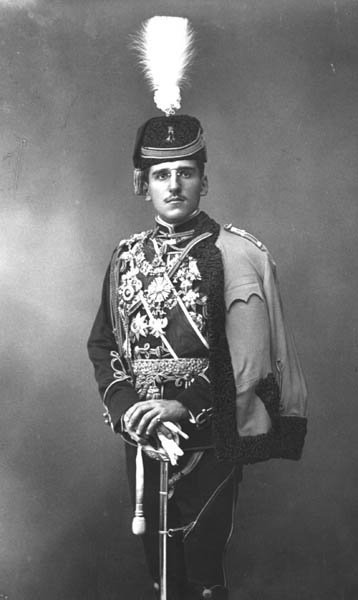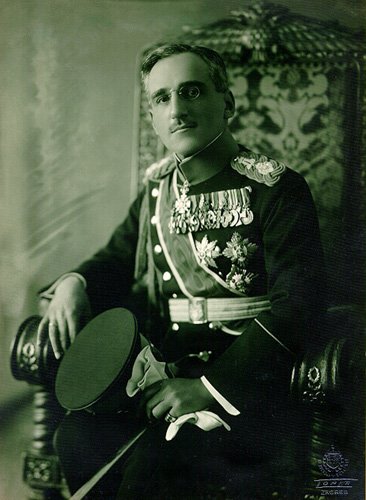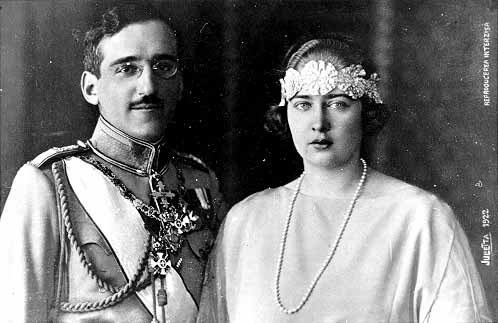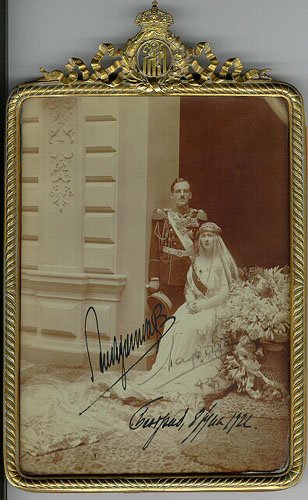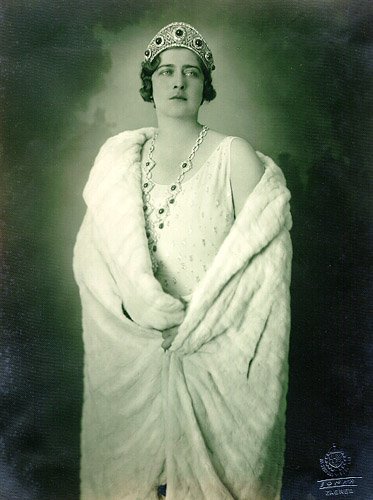Blueice
Nobility
- Joined
- Oct 24, 2003
- Messages
- 384
- City
- Belgrade
- Country
- Serbia and Montenegro
1-2. HM King Aleksandar I
3. HM King Aleksandar I and HM Queen Marija
4. HM King Aleksandar I and HM Queen Marija - Wedding photograph in original frame and signed.
5. HM Queen Marija
3. HM King Aleksandar I and HM Queen Marija
4. HM King Aleksandar I and HM Queen Marija - Wedding photograph in original frame and signed.
5. HM Queen Marija


